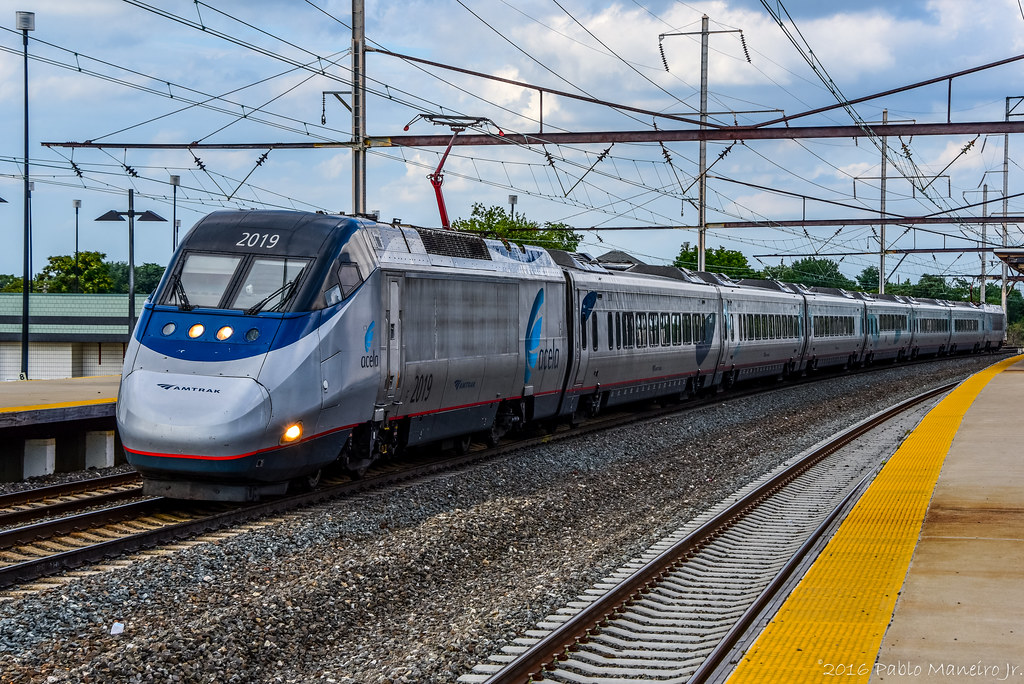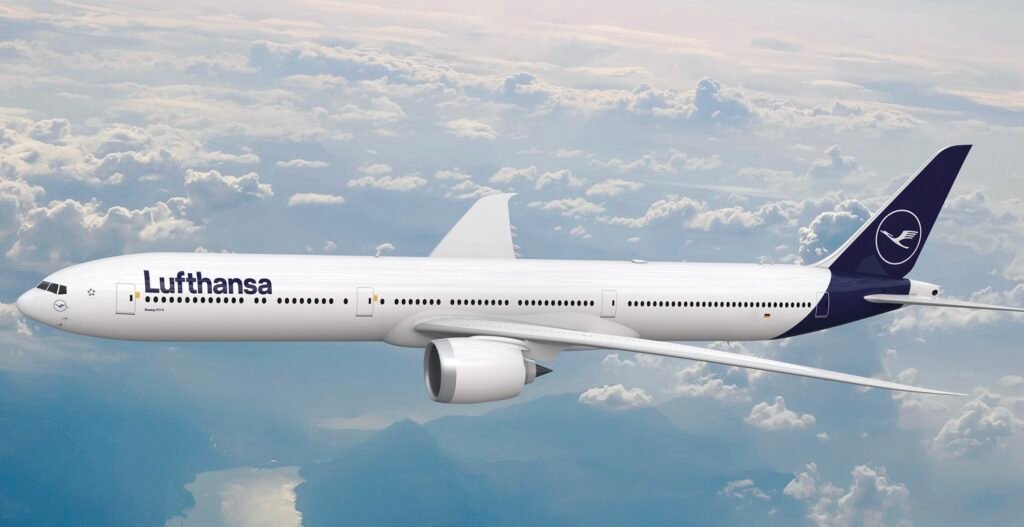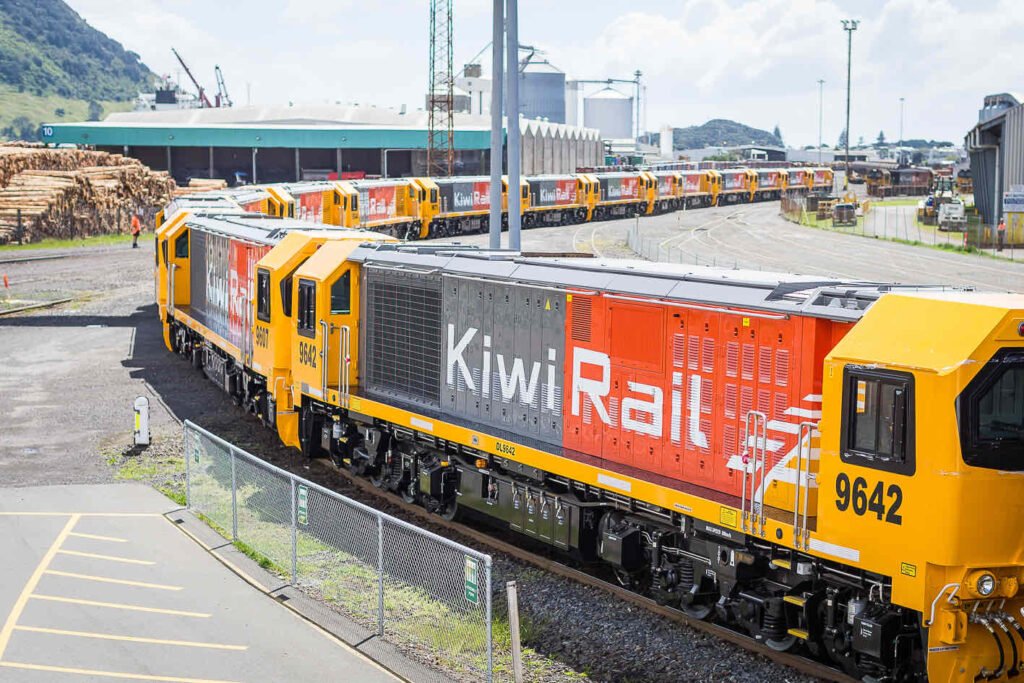Cargo Airline Cashing in on Junk-Bond Boom
At a little-known cargo airline that handles shipments for United Parcel Service Inc. and Amazon.com Inc., business is booming. With passenger carriers forced to cut most of their freight capacity during the pandemic, seven-year-old Western…



